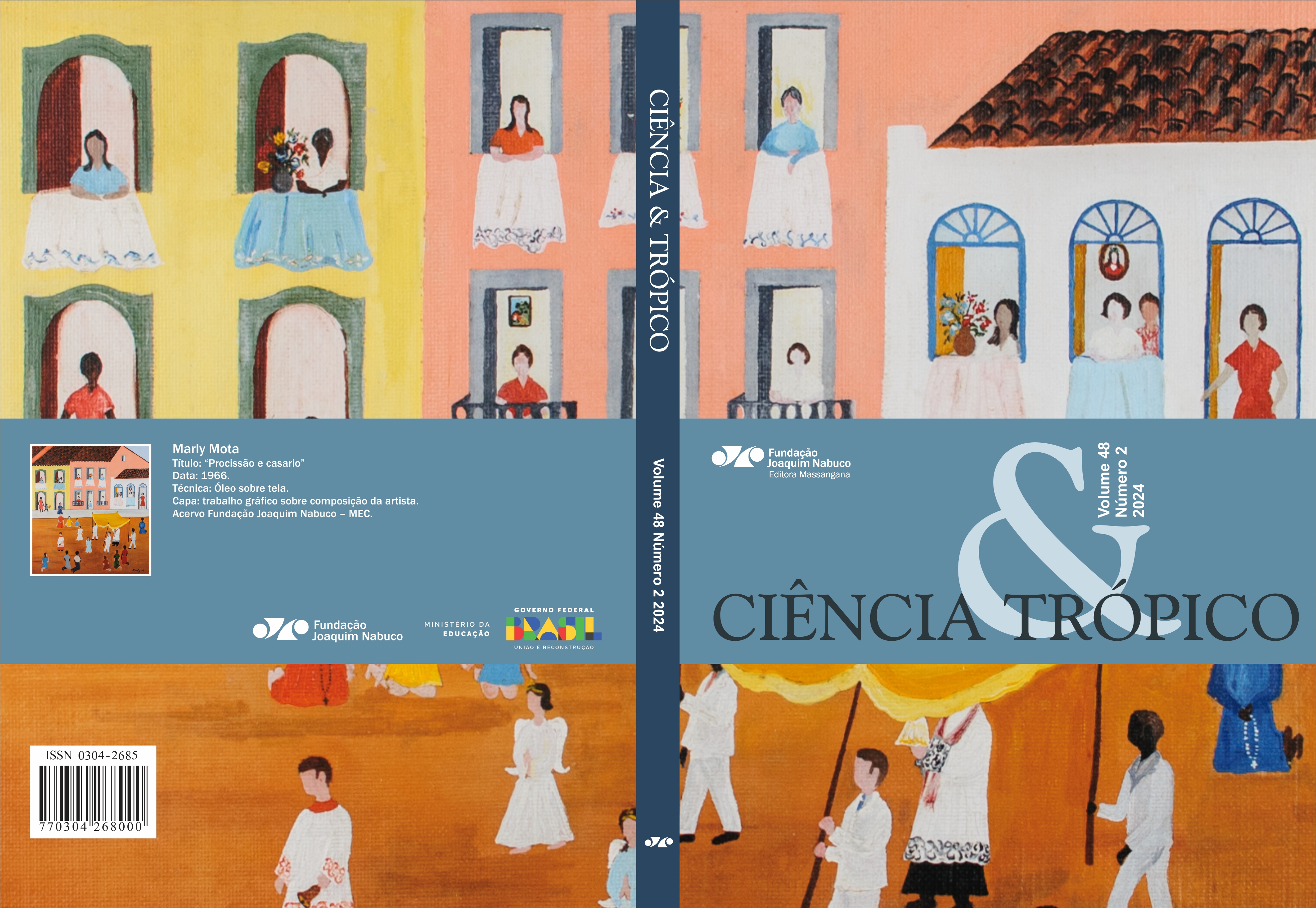A historical-literary analysis of the metaphor of the slave in the romances “The slave Isaura” and “Úrsula”
disparate positions
DOI:
https://doi.org/10.33148/CETROPv48n2(2024)2217Abstract
This article proposes a multidisciplinary discussion on the metaphor of the enslaved in the novels A escrava Isaura, by Bernardo Guimarães from Minas Gerais; and, Úrsula, from Maria Firmina dos Reis from Maranhão. Linguistics, literature and history intertwine, contributing greatly from his perspective. From linguistics, the concept of metaphor comes from the studies of Roman Jakobson; of literature, reflection from Romanticism and history, contextualization and revisionism of pro-abolitionist facts. Furthermore, it is worth highlighting that as part of the Romanticism movement, the novels in question have different positions regarding the fabric of the enslaved.
Keywords: Metaphor. Enslaved. Slave Isaura. Ursula. Multidisciplinary
Downloads
Downloads
Published
How to Cite
Issue
Section
License
Copyright (c) 2024 Robson Anselmo Tavares de Melo

This work is licensed under a Creative Commons Attribution 4.0 International License.


